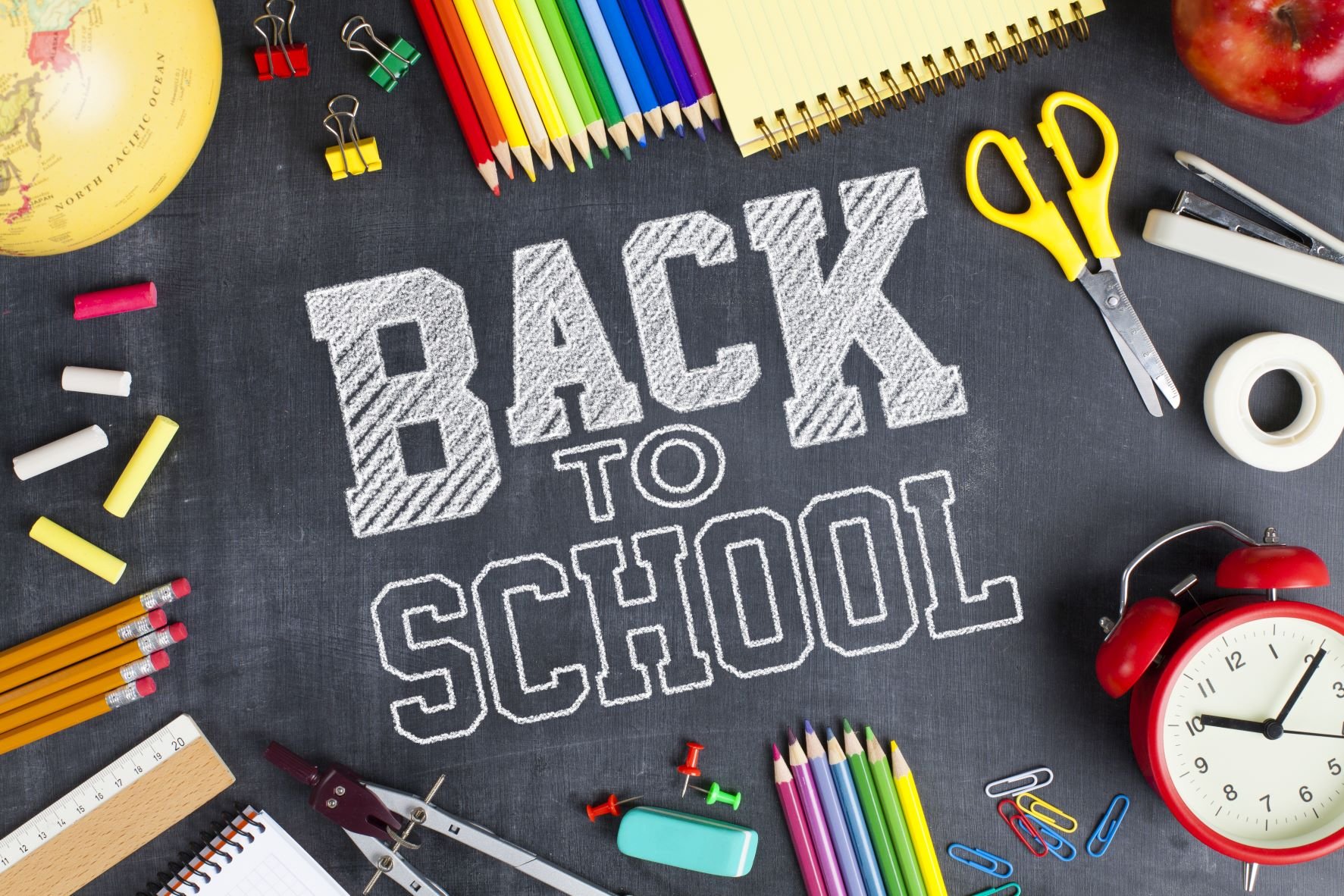Welcome to the Round Table blog, your source for insights and resources on navigating your child's educational journey. Today, we're focusing on practical advice for parents looking to support their children, especially those with learning disabilities, in the key areas of math, science, and reading. We've gathered insights from several recent articles to bring you easy-to-understand summaries and valuable resources.
Supporting Your Child with Math Challenges
For many children, math can be a source of anxiety and frustration. For those with learning disabilities like dyscalculia, these challenges can feel insurmountable. A recent article offers practical strategies for parents to provide effective support at home.
Key Takeaways for Parents:
Create a Positive Math Mindset: Approach math with enthusiasm and curiosity. Celebrate effort and perseverance over getting the right answer every time. Avoid using negative language about math.
Connect Math to Everyday Life: Involve your child in real-world math activities. This could include cooking and measuring ingredients, calculating discounts while shopping, or managing an allowance. These activities make math tangible and relevant.
Utilize Hands-On Tools: Manipulatives like blocks, beads, and even simple household items can help children visualize and understand mathematical concepts. For older children, online interactive tools and apps can make learning more engaging.
Break Down Complex Problems: Large or multi-step problems can be overwhelming. Work with your child to break them down into smaller, more manageable parts. This can help build confidence and reduce anxiety.
Focus on Understanding Concepts, Not Just Memorization: While memorizing math facts is helpful, it's more important for your child to understand the underlying concepts. Encourage them to explain their thinking process and explore different ways to solve a problem.
Helpful Resources:
Khan Academy: A free online platform with math lessons and practice exercises for all ages.
Understood.org: An organization that provides resources and support for parents of children with learning and thinking differences.
Unlocking the World of Science for Every Learner
Science is all about exploration and discovery. For children with learning disabilities, hands-on and inquiry-based learning can be particularly beneficial. Here’s how parents can foster a love for science.
Key Takeaways for Parents:
Encourage Curiosity: Foster your child's natural curiosity by asking open-ended questions and encouraging them to ask their own. Explore their interests, whether it's bugs in the backyard or the stars in the sky.
Engage in Hands-On Experiments: Simple and safe science experiments at home can make abstract concepts concrete. Many resources offer age-appropriate experiments using everyday household items.
Visit Science Museums and Nature Centers: These environments provide interactive exhibits and immersive experiences that can spark a passion for science.
Use Multiple Modes of Learning: Supplement reading with documentaries, educational videos, and audiobooks. This can help children with reading difficulties access scientific information.
Connect Science to their Interests: If your child loves video games, explore the science behind how they are made. If they enjoy art, look at the science of colors and light.
Helpful Resources:
National Science Teaching Association (NSTA): Offers resources and articles for parents to support science learning at home.
PBS Kids for Parents: Provides science-based activities and games for younger children.
Navigating Reading Challenges with Patience and Support
Reading is a fundamental skill that can be a significant hurdle for children with learning disabilities such as dyslexia. Parents play a crucial role in creating a supportive reading environment.
Key Takeaways for Parents:
Read Aloud Together Daily: This helps build vocabulary, comprehension, and a positive association with books, even if your child is not yet an independent reader.
Choose a Variety of Reading Materials: Don't limit reading to traditional books. Graphic novels, magazines, audiobooks, and even comics can be engaging and help build literacy skills.
Focus on Phonics and Phonological Awareness: Understanding the relationship between letters and sounds is critical. Look for resources and games that make practicing these skills fun.
Create a Comfortable Reading Space: A cozy and quiet nook can make reading a more enjoyable and less stressful activity.
Communicate with Your Child's Teachers: Work with educators to understand your child's specific challenges and to reinforce school-based strategies at home. Ask about any assistive technology or accommodations that might be helpful.
Helpful Resources:
Reading Rockets: A national multimedia project that offers a wealth of research-based reading strategies, lessons, and activities designed to help young children learn how to read.
The International Dyslexia Association: Provides information and resources for individuals with dyslexia and their families.
By staying informed and utilizing the right strategies and resources, parents can make a significant difference in helping their children overcome academic challenges and develop a lifelong love of learning.















